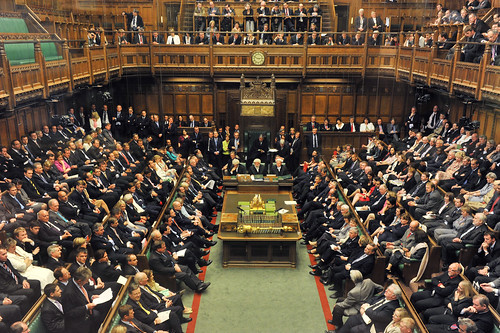
The UK has its first coalition government since the Second World War. The Lib-Con Government has a combined Commons majority large enough to enable it to move forward on its agreed priorities. But No.10 under David Cameron is faced by a set of challenges and opportunities different from those faced by his recent predecessors. What are the implications for his operation of the central machinery of power in British government? History gives us the best indicator we have as to what may lie ahead.
British Government at LSE and the Democratic Audit invite you to the following seminar:
Prime Ministers and Coalition Government: lessons from history – Tuesday 6 July 2010 – 6:30pm
Speakers:
Professor George Jones, London School of Economics
Dr. Andrew Blick, Democratic Audit
Lord Morgan
Additional speaker to be confirmed
Chair:
Professor Kevin Theakston, University of Leeds
This seminar is to mark the publication of Premiership: the development, nature and power of the office of the British Prime Minister (Imprint Academic) by Andrew Blick and George Jones (discounted copies will be available on the evening).
The seminar will begin with George Jones and Andrew Blick summarising the argument of their latest book, Premiership, and discussing what lessons can be drawn for present circumstances.
Lord Morgan will respond, drawing on various historical examples including the David Lloyd George coalition and James Callaghan’s Lib-Lab Pact.
Finally Professor Theakston will chair a discussion across the panel and audience on how the present Coalition might learn from past examples.
There is no charge for this event but please contact Avery Hancock on a.hancock2@lse.ac.uk to RSVP and for location details.




